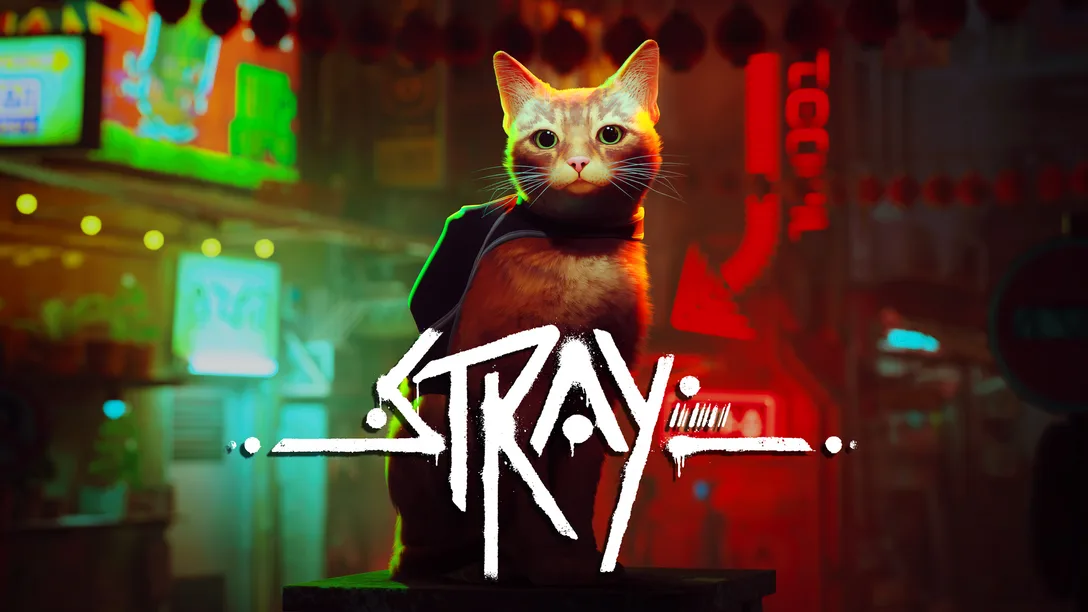Indie games are best for industry enthusiasts and gamers as they are so well thought out to the slightest detail that they give the players a lasting experience; indie devs take their time to craft the best possible version of their game as they treat their game as a piece of art rather than a cash cow, unlike the AAA heavy hitters that are developed under well-established studios with high budgets and short deadlines which primarily affects the game negatively.
On the other hand, most indie games are simple yet impactful and ambitious; most of the time, indie games are different from the mainstream meta and are usually hitting upon a simple idea but are creative and attractive at the same time.
The most recent example of a successful indie game would be Stray, an adventure game released this year that was developed by BlueTwelve Studios; the game’s core concept is as simple as it can be. Still, it was a hit; not only it got critical acclaim, but it was well received by the community as well.

Another example would be Fall Guys, and there are hundreds of examples like this when an indie game became widespread and massive. That’s why Xbox has been taking Indie games seriously lately, and they give Xbox Game Pass as a platform for indie developers to showcase their art to millions of gamers.
Nintendo is also following the lead. However, PlayStation, known for its first-party premium AAA games like God of War Ragnarök, lacks somewhat behind the Xbox and Nintendo. But no doubt, there have been some fantastic indie games on PlayStation 4 like Tez, Slay the Spire, Gone Home and many more.

Still, we haven’t seen an impactful indie game supported by PlayStation studios. However, things might change going forward as the current head of the indie department at PlayStation, Shuhei Yoshida, sat down with MCV UK to discuss the future strategy of PlayStation to bring more indie games to the platform and what opportunities are waiting for the indie devs to reach new highs with platform like PlayStation by their side.
Shuhei Yoshida was the president of SIE Worldwide Studios from 2008 to 2019. After serving in the worldwide studios, he took charge of the indie games department at PlayStation.
Long-term plans of Sony for its Independent Developer Initiative
Interviewer: “What are your long term goals for the indie initiative? What does it look like to you in, say, five years?”
Yoshida: I’d like to see more exciting games come out on PlayStation and become successful every year, and that more fans of PlayStation find the fun of playing indie games. I believe that’s been happening. We put Stray, an indie game, in the PlayStation 5 showcase along with AAA games and people reacted strongly. I’d like to see more and more of these success stories happening on Sony PlayStation.
I’d also like to meet new developers coming from different parts of the world or from different backgrounds that have come up with new exciting concepts, and put those games on our consoles. So we are trying to make it easier and more streamlined for them to use our tools and systems to develop games and publish games. We want to see more indie games be more successful on PlayStation and have a larger number of fans of PlayStation finding those great games.”
How does Sony Support indie devs with its Initiative?
Interviewer: “So what do you do when you partner with an indie developer? What do you do to support them? Do you offer design notes, or is it like a funding and marketing relationship?”
Shuhei Yoshida: Yeah, all kinds of support. There are a small number of games we as a company partner with, and sometimes you’ll see some games have some kind of exclusivity on PlayStation.
Then in most cases we help strike a deal with the publisher or the developer when the game is self-publishing so that we provide the space in our shows like State of Play or Indie Showcase, sometimes PlayStation Showcase – or on the storefront when the game is coming out, to make sure that we get enough eyeballs on the games that we partner with.
But there are many other games – high quality games – coming out, that we do not necessarily have a special partnership arrangement with. We always look out for those games and try to find a way to help promote those titles through different channels that we have, including store collections.”
How can indie devs work with significant publishers like Sony?
Interviewer: “What tips would you give indie developers looking to work with PlayStation?”
Shuhei Yoshida: I also think a small independent developer should show their game to the public. I did a panel at PAX West a couple weeks ago and I was talking with people like TJ [Hughes] who’s making Nour: Play With Your Food and Jay [Yu] who is making the game Eternights, with dating game scenes and action role-playing scenes. Both of them have had the same kind of experience. They were posting their creations on the internet and someone who had the funds approached them saying “Can you make it into a game?”
They were not thinking of making commercial products, but because they were encouraged they thought “Uh, maybe we should do it?” In the case of Jay, he had a very stable job in one of the largest companies in the world, in smartphones … and he quit that job and became a game developer, because that’s what he wanted to do. So things like that happen.
I always encourage indie devs to show their work, so they might find their fans or sometimes even investors. That said, we’d love to see the games in early stages. So if they have a chance to come talk to us, we’d like to see the game, and we might be able to help them to promote the title out in the world.”
Undoubtedly, it was an insightful interview for indie developers or studios who want to work with significant publishers like PlayStation that can help them showcase their art to the millions of players on its platform.
So, what are your thoughts about this? Are you excited to see more frequent indie games backed by PlayStation? Let us know in the comment section below.
The post Future of Independent Devs With PlayStation, Shuhei Yoshida appeared first on Appuals.com.


0 Commentaires